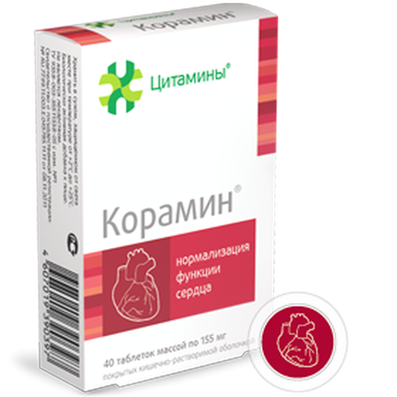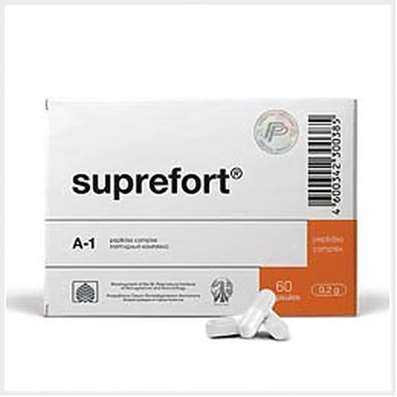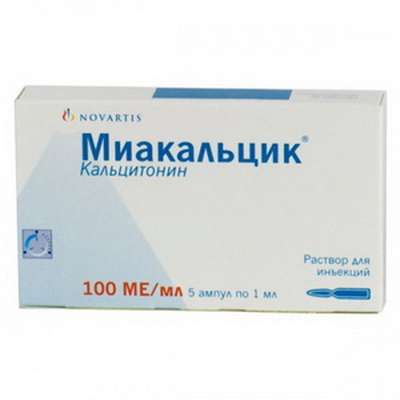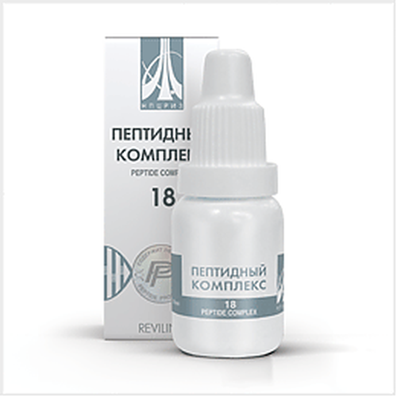FAQ: Cell Reproduction
12 Dec 2016
In order for life on Earth could exist continuously for billions of years, cells must proliferate. The process of cell division involves two crucial events. First - a doubling of genetic information, that is DNA replication. During this process, a DNA molecule which encodes genes copied very precisely, and thus obtained two DNA molecules are identical. The second event - the segregation of the genome (the actual cell division, or mitosis), there are two copies of the genome should disperse, and based on them should form two new cells.
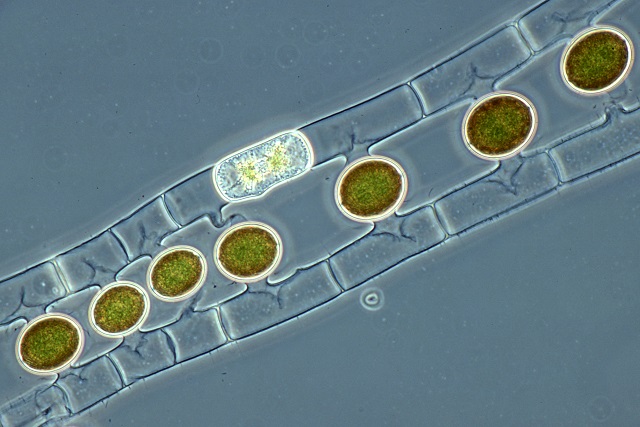
Although it does not seem so complicated but really is a fantastically complicated process. To segregation of genetic material occurs, giant DNA molecules (one human chromosome contains a DNA molecule of a few centimeters in length) must be very densely packed. Pilfered unpackaged DNA molecule just is not possible, they must be converted into a small compact cells that are called chromosomes. Cyanocobalamin injection (Vitamin B12) is necessary for DNA making.
- 1.Formation of the spindle
A chromosome consists of two chromatids, each of which contains one copy of the DNA molecule. Each chromosome is necessary to pull apart into two parts. For this purpose, components of the cell cytoskeleton, namely microtubules. Cytoskeleton very little resemblance to the human body skeleton. And the main difference lies in the fact that its components are incredibly dynamic. Microtubules are unstable, it is constantly changing filamentary structures that can grow and understand. The lifetime of a single microtubules in interphase is relatively small - only a few minutes. The half-life of microtubules during mitosis and even less - 15-20 seconds. This increase in dynamics need to microtubules might "sound out" the space around them, and to find the chromosomes, which then will take away.
As a result, it should form a system that is called the spindle division. It includes three main components. Lie midway chromosomes, each of which consists of two halves. Each half has to be stretched to the poles of the cell, which are cell centers (special structures that contain ingredients that trigger the growth of microtubules). From cell centers in all directions growing microtubules, which are connected at their ends with the chromosomes.
- 2.Protein-motors
How is this system? The cell is the nucleus, it compacts chromosomes and the spindle is formed. In the cytoplasm of the cell, there are two center from each of them in all directions systematically growing microtubules. They can interact with each other and with other components of the cell. They are associated with special proteins called motors. These motors have the ability to "walk" along microtubules, which are polar structures. The end that is associated with the cell center is called the "negative end" and the other end - the "plus-end", then he should be contacted with the chromosomes.
Motors "walk" along microtubules or to one side or the other, that is, either the "plus-end" or a "minus-end." They may, for example, moving the structure (cell centers). How does it work? Suppose the motor is attached to the plasma membrane, which is able to move to the "minus-late" microtubules, ie the center of the cell. If he will contact the microtubule, it will go through it, but since it is associated with the membrane, it will move itself microtubule that will catch up to the plasma membrane, and drags along the cell center. And the whole system starts to move in the direction of the plasma membrane. The second cell center, too, begins to shift to the side - on the other side of the cell membrane. These two cellular microtubules radiating from the center to the side scatter. The principle of it is that, although the process is more complicated, so as to achieve this goal (the difference of cell centers) requires the coordinated work of a variety of motors. Thus, a spindle, the chromosomes but not yet.
- 3.Kinetochores
After the destruction of the nuclear membrane appears chromosome. Each chromosome has two structures - kinetochores that are needed in order to then pull apart the two copies of the genome. Microtubules can interact with the kinetochores. After a chaotic distribution of chromosomes in the cytoplasm with one of the kinetochores accidentally interacts microtubule, which grows from one of the cell centers. At this point it is no longer fixed and haphazardly assembled and disassembled. A kinetochore motor starts to move in the direction of the chromosome "minus-end", where is the center of the cell. That this requires a polarity of the microtubules.
At some point, the second kinetochores, which is on the other chromosome microtubule interacts with the other end of the cell. And so, it turns out that chromosome, which lies in the middle, as it were "crucified" on microtubules, which are growing across the cell. Each chromosome kinetochores trying to move to one of the cell centers, so chromosome sooner or later will be somewhere in between the cells. As a result, all the chromosomes line up at the equator, gradually dividing cell.
- 4.The division of chromosomes
Entire process is completely random. There are some errors, for example, when both are connected only kinetochore microtubules extending from one pole of the cell. This leads to dire consequences - various serious diseases associated with abnormalities in the number of chromosomes. This is a dangerous process, but nevertheless such random with a high probability to create a very orderly system. Cyanocobalamin injection Vitamin B12 - is necessary for DNA synthesis.
After this process, the chromosome must somehow split into two, and each half will rush to his pole. And as a cell decides it's time to divide the chromosomes and begin their push? It turns out, the cell senses when all kinetochores are associated with microtubules. So far, no contact, no chromosome section. Conducted a stunningly beautiful experiments that have chromosomes that are already associated with one pole and began to move him, they killed the second laser kinetochore. After that all chromosomes were divided and dispersed, and as a result turns abnormal cells. The cell senses that it has a free kinetochores, but the molecular mechanism of this incredible process is still poorly understood. When all kinetochores are busy, the entire system is formed, it gives a signal about the need to cut the proteins that hold chromosomes so that they can "scatter".
- 5.Errors of division
The fission process is incredibly complex. During his cell formed fantastically ordered structures, which arise due to self-organization. Not surprisingly, mistakes happen. In modern biology is one of the most important applied problems, since it is directly related to the study of cancer. Most tumors are usually associated with some impairment in the regulation of cell proliferation. Most medicines for cancer treatment are based on knowledge of how cells multiply, what is going wrong and how it can be compensated.

 Cart
Cart

